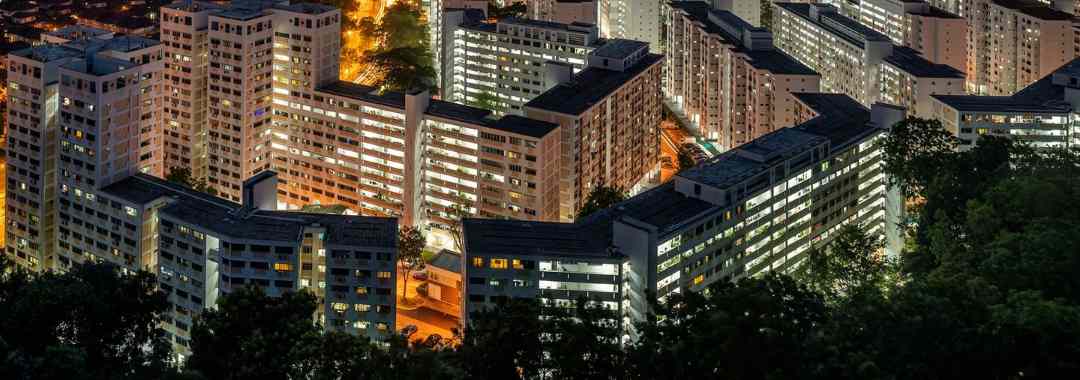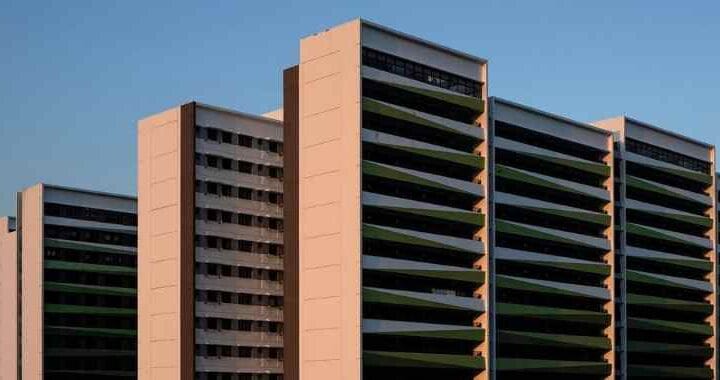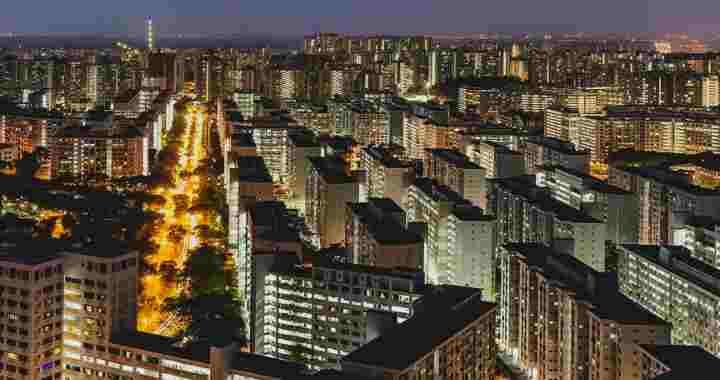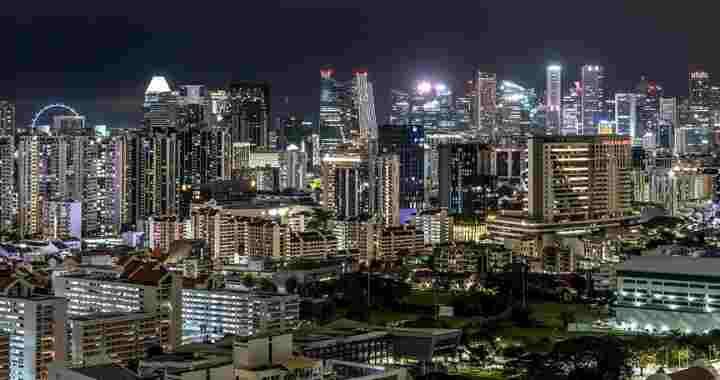Singapore condo resale prices dipped 0.8 percent in January 2024 after five consecutive months of growth, reversing from a 0.5 percent rise in December 2023.
This has led some analysts to question whether this is a sign of a broader market correction. However, it is important to note that it is still early in the year, and it is too early to say with certainty whether this is a trend or just a temporary blip given the mixed data.
Going by the different segments of the market, resale prices in the prime districts rose 1.4%, while those in the city fringe fell 0.6 percent and the suburb inched up 0.2 percent.
On a year-on-year basis, condo resale prices were up by 7.2 percent with those in the suburbs rising the most at 9.9 percent.
This suggests that investors may be drawn to high-end properties after their rise in prices has lagged those in the city fringe and suburbs in the last two to three years.
Meanwhile, resale volume dipped slightly by 0.6 percent in January, with an estimated 740 units changing hands, down from 745 units in December. This marks the third consecutive month of declining resale volume.
This could be attributed to the cautious sentiment in the market, high mortgage rates, ongoing economic uncertainties, and the seasonal lull from the year-end period stretching to the beginning of this year.
In terms of condo resale transactions in January, 53.8 percent was recorded for the suburbs, 27.3 percent in the city fringes, and 18.9 percent in the prime district.
Nevertheless, compared with January 2023, resale volume was up 43.7 percent – an indication that the resale market has remained healthy. The number of transactions was also 0.4 percent higher than the five-year average for the month of January.
February’s resale volume will likely remain relatively muted given the Chinese New Year holidays and festivities.
Factors Affecting the Singapore Property Market
Several factors are likely to affect the Singaporean residential property market in 2024. These include:
Interest rates: Rising interest rates could make it more expensive for buyers to purchase a property, which could dampen demand and lead to lower prices.
Global economic outlook: The global economic outlook is uncertain, and this could also weigh on the property market in Singapore.
Buyer fatigue: High property prices driving buyers to the sidelines.
Property cooling measures: The high ABSD rate of 60% imposed on foreigners is expected to continue to curb overseas demand, creating a conducive environment for genuine buyers, especially first-timers, to enter the market.
Supply of new properties: More than 12,000 units, excluding executive condos, are expected to hit the market this year, more than in 2023. This is expected to provide more choices for buyers while keeping prices at an even keel. Some of the new launches this year include Hillhaven, Lentoria, Lentor Mansion and The Arcady.
Singapore Property Market Forecast for 2024
It is difficult to predict with certainty what will happen to the Singaporean residential property market in 2024.
However, in the long term, the market is likely to remain stable. The fundamentals of the Singaporean economy are strong, and there is a continued demand for housing from locals.
Meanwhile, strong government measures to weed out speculation and proactive intervention will help keep housing prices stable while ensuring price gains will be kept in line with economic fundamentals.
Nevertheless, the expectation of a decrease in interest rates in the second half of the year could lure some buyers back. This could push new private home sale prices up 2-4% and resale prices up 3-5% this year.






